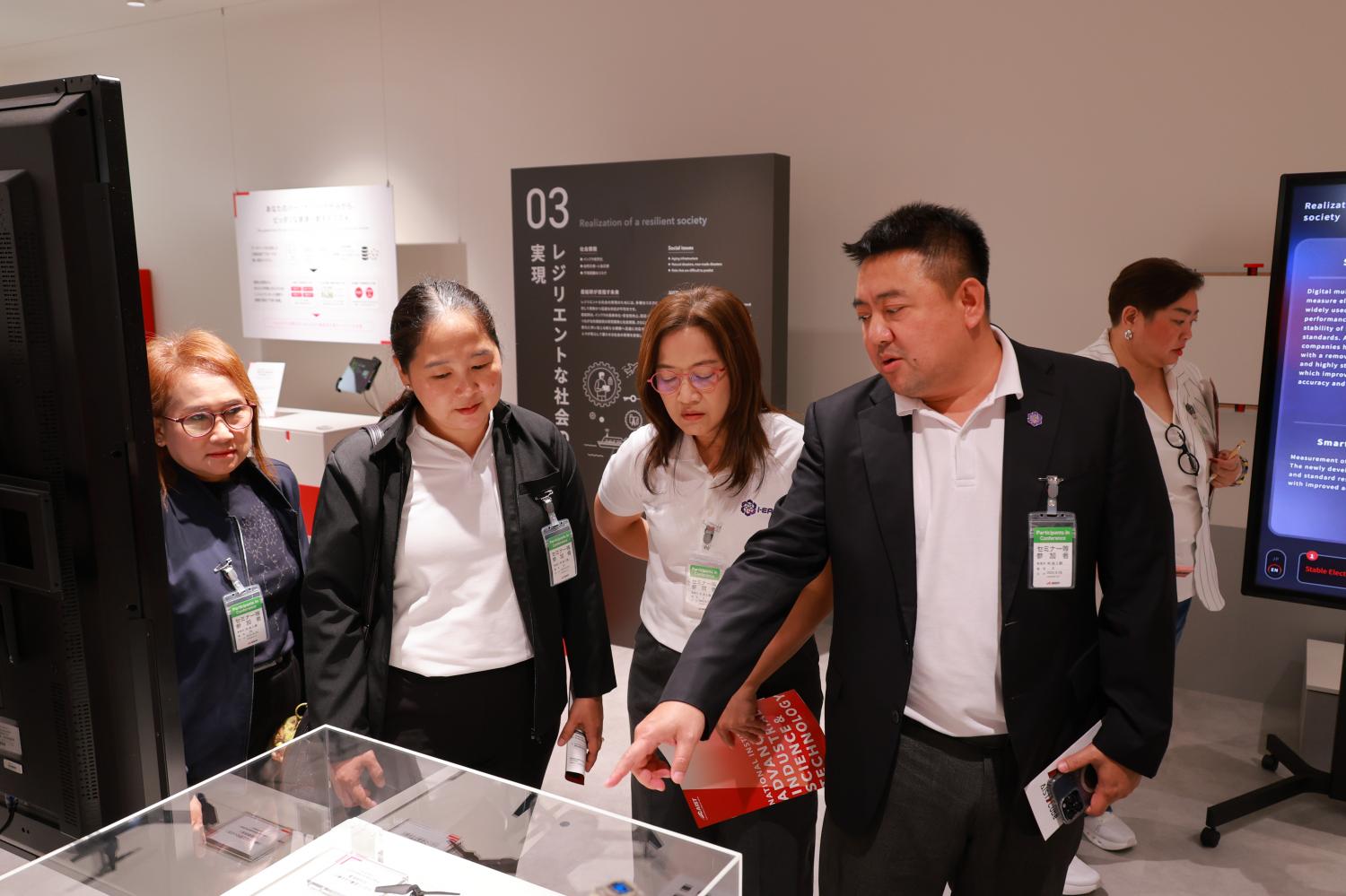Thai Authority Seeks Japanese Industrial Expertise

Strengthening Thailand-Japan Collaboration for Clean Energy and Industrial Growth
The Industrial Estate Authority of Thailand (IEAT) is making significant efforts to deepen its cooperation with Japanese authorities and entrepreneurs. This collaboration aims to support the growth of targeted industries as Thailand transitions toward a clean energy future. The initiative focuses on enhancing skills training for workers in factories and adopting modern technologies, both of which are essential for improving efficiency in the Thai manufacturing sector.
Atthapol Nithissultornwit, assistant to the IEAT governor, emphasized that closer collaboration between Thailand and Japan will play a vital role in this transformation. He highlighted the importance of investing in next-generation industries such as electric vehicles, smart electronics, medical equipment, and renewable energy. These sectors are at the forefront of Thailand’s industrial strategy, aligning with global trends and environmental goals.
One of the key priorities for Thailand is transitioning from fossil fuels to renewable energy sources like solar, wind, and hydropower. Atthapol noted that the government is committed to supporting businesses that aim to operate entirely on clean energy. This shift not only addresses climate change concerns but also positions Thailand as a competitive destination for sustainable manufacturing.
To achieve these goals, the IEAT has expressed interest in partnering with the National Institute of Advanced Industrial Science and Technology (AIST), a research organization under Japan's Ministry of International Trade and Industry. AIST is known for its expertise in industrial development and technological innovation. The collaboration would focus on driving the transition to renewable energy and supporting industries that have a significant presence in Thailand, particularly those operated by Japanese companies.
Mr. Atthapol stated that the IEAT hopes to implement joint projects with AIST that will benefit local industries. These projects could include research and development initiatives, technology transfer, and capacity-building programs. The goal is to create a more sustainable and efficient industrial ecosystem in Thailand.
AIST has already engaged in international collaborations with two Thai research agencies: the Institute of Scientific and Technological Research and the National Science and Technology Development Agency. These partnerships have enabled studies on various topics of mutual interest. Kazaoui Said, associate manager for international affairs at AIST, mentioned that the institute is open to future collaborations with the IEAT, depending on the circumstances.
AIST employs over 2,200 researchers across 12 cities and regions in Japan, including major hubs like Tokyo, Kansai, Chubu, and Kyushu. Approximately 70% of these researchers are based in Tokyo, reflecting the city's role as a center for advanced research and innovation.
In addition to its work with AIST, the IEAT has taken steps to foster collaboration between Thai and Japanese companies. One notable project involves conducting a feasibility study on the use of hydrogen fuel at industrial estates, including the Smart Park Industrial Estate in Map Ta Phut, Rayong. This estate spans 1,383 rai of land and serves as a key hub for manufacturing activities.
The IEAT aims to establish clean energy infrastructure at the Smart Park to support both manufacturing and mobility technologies. This includes developing facilities that can accommodate hydrogen fuel stations and other green technologies. The authority has set an ambitious target to reduce carbon dioxide emissions at this industrial estate by up to 73% by 2035.
Through these initiatives, Thailand is positioning itself as a leader in sustainable industrial development. By leveraging its partnerships with Japan and investing in clean energy solutions, the country is taking meaningful steps toward a greener and more innovative future.

Comments
Post a Comment